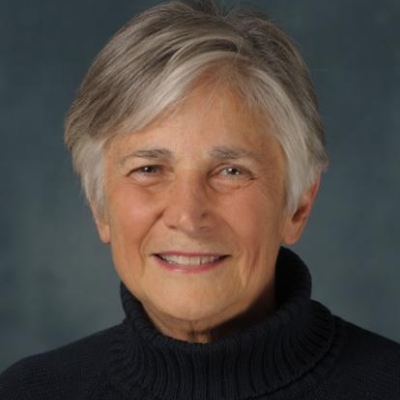Some educators have reacted to the mass murders in New York City and Washington, D.C. by calling for changes in the curriculum. Their immediate response to September 11 was that "we have to change the curriculum to make our students more tolerant," as if our students were the perpetrators of these heinous crimes. But it was not Americans who piloted the four hijacked airplanes, and it was not American bigotry that targeted innocent people for death and destruction.
In an article in The Washington Post on October 1, 2001 ("September 11 Prompts Lesson Review," by Valerie Strauss), several educators stated that the attacks showed that we must become even more focused on multiculturalism than we have been in the recent past, suggesting that our indifference to other cultures somehow made us culpable. That response is usually known as "blaming the victim."
The president of Teachers College, Arthur Levine, who is customarily level-headed, said in the same article that "Our notion of great books can't be Western anymore or wholly Western anymore. Is 'Middlemarch' [a 19th-century English novel by George Eliot] more important than the Koran in terms of the curriculum?" Levine did not explain why the Koran should become a major component of the American curriculum, nor whether he would insist that teachers also introduce studies in the Old Testament and the New Testament along with the Koran, and how this new curriculum would affect the public schools' customary efforts to keep religion out of the curriculum. Perhaps he meant to say that our students should seriously study the history of the Middle East, as well they should, along with the history of Europe, Africa, and Asia. President Levine apparently believes that the teaching of "Middlemarch" and other great books of the western tradition is near-universal in American schools. Would it were so. Perhaps in the future Teachers College will take the lead in advocating the teaching of world history and world literature. One hopes.
My own view is that we need to do a far better job of teaching both American history and world history. Certainly students need to know about the major civilizations in the world, but they first need a better understanding of our own democratic ideals, where they came from, and how many sacrifices have been made by others to assure the present generation of Americans the basic rights and freedoms that we now enjoy. In the absence of deep civic knowledge, our students will be unprepared to figure out where we stand, what we believe in, and what we must defend. Or even who "we" are. As schools respond to the crisis of our age, a good place to begin is by finding out what is meant by the phrase "We the people..."
"September 11 Prompts Lesson Review," by Valerie Strauss, The Washington Post, October 1, 2001, http://www.washingtonpost.com/wp-dyn/articles/A50170-2001Sep30.html
"Ex Uno Plures," by Diane Ravitch, Education Next, Fall 2001, http://www.educationnext.org/20013/24ravitch.html
